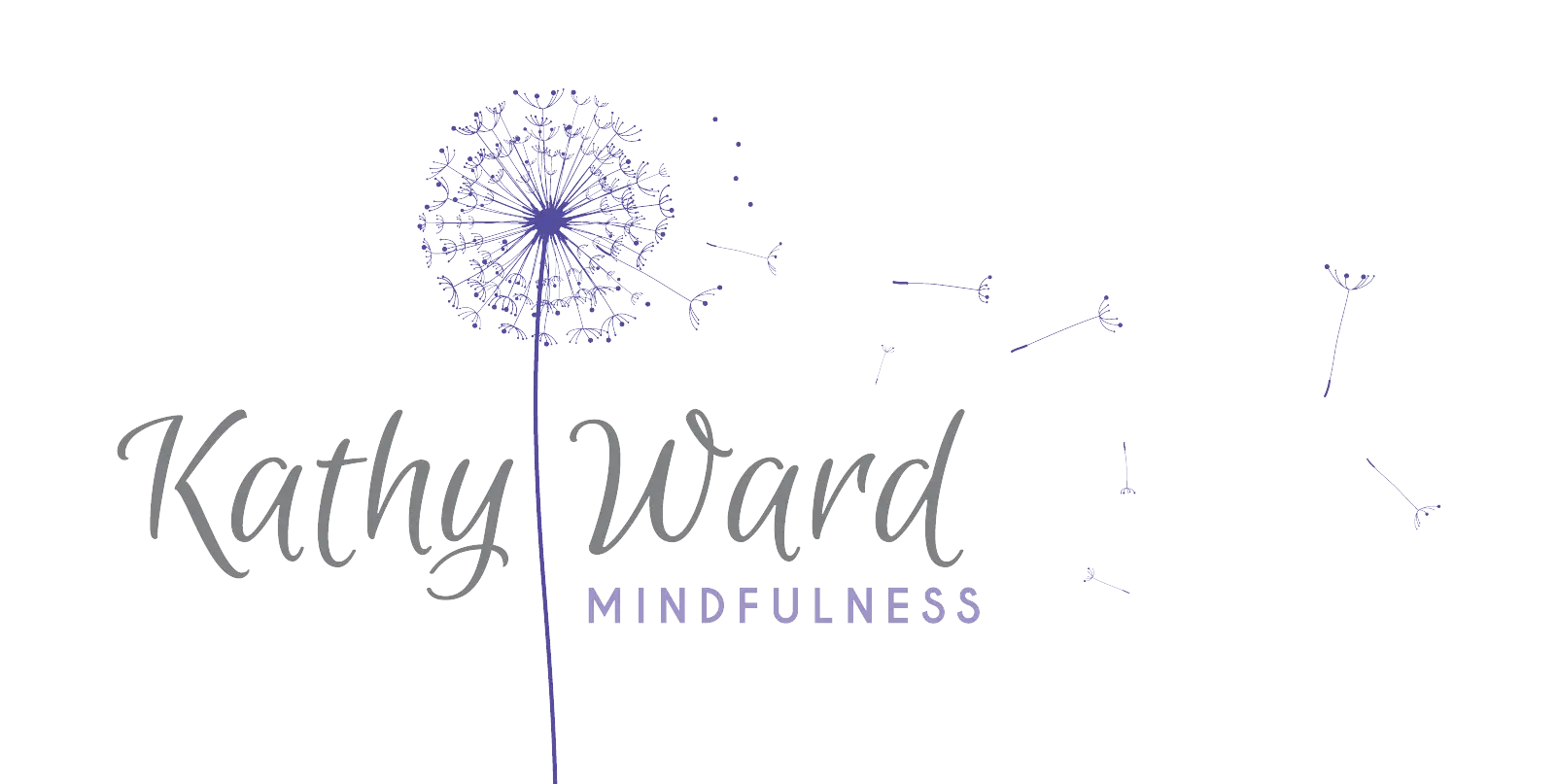Mental Health in the Workplace

Mental Health in the Workplace is important. On average 47% of waking hours is spent thinking about what ISN’T going on! AND a wandering mind is an unhappy mind. (1)
You might like to consider that statistic next time your team is trying to meet a vital project deadline, you’re sitting in a meeting going nowhere, or having a conversation with a colleague!
To improve mental health in the workplace, businesses need to ensure that staff have the right skills. Learning self-awareness, self-management, and emotional and social intelligence is vital to skillfully handling stress, regulating emotions (leading to emotional and social intelligence), improving mental health and agility, and preventing burnout. This increases collaboration, safety, performance, effective team communication, happiness, resilience, and work-life balance.
Last year, the National Institute for Health and Care Excellence (NICE), published its new Guidelines on Mental Wellbeing at Work, setting out key considerations and recommendations for employers wanting to support employees’ social, emotional, and mental health in the workplace. These practices feature strongly as recommended offerings for employees within these guidelines.
Mental Health in the workplace, Mindfulness Consultancy, Training Courses, Webinars, Workshops and Keynote talks tailored to fit your business

As well as teaching Mindfulness Teachers, and offering Mindfulness MBSR, MBCT courses, and Mindful Coaching (see MBSR and MBCT pages) to the general public, Kathy also works as a Mindfulness Consultant for the World Health Organization where she developed and trained staff in an exclusive Mindfulness-Based Mental Agility MBMA in the workplace course.
The bespoke course includes emotional intelligence, the latest research in interpersonal neurobiology, and explores how mindfulness is the foundation of psychological safety.
Kathy also offers Mental Health courses, Mindfulness Consultancy, live online 8-week Mindfulness-Based Stress Reduction MBSR courses for staff, bespoke mindfulness training courses, workshops, webinars, and keynote talks.
Every business is different with a unique vision, and if there is a Mental Health or Mindfulness training that you would like us to teach or develop to support your staff please get in touch.
Mindfulness-Based Emotional Intelligence
In this FREE WEBINAR with Kathy, you will explore how Mindfulness-Based Emotional and Social Intelligence in the workplace integrates mindfulness-based practice, the emotional and social intelligence skills of self-awareness, self-management, social awareness, and relationship management, plus advances in neuroscience to train the brain to pay attention to the present moment with curiosity and compassion.
These are the essential skills that enable us to drop judgment and embrace a beginner’s mind with the sincere intention to listen, explore, understand, and make the right choices for both ourselves and individuals balanced with the needs of the team and business. In the process developing trust and creating space for innovation, breakthrough, and growth.
The skills explored are key to effectively handling the difficulties and challenges of the changing world, regulating emotions (leading to emotional and social intelligence), and improving mental health. In turn increasing collaboration, safety, performance, effective team communication, resilience, happiness, health, and well-being.
In this webinar you will learn:
1. Why mindfulness-based practice, emotional and social intelligence are essential skills for the changing workplace.
2. How developing a presence with curiosity and compassion increases mental health, well-being, and happiness.
3. Learn one simple skill to increase work-life balance.
The Evidence
Mindfulness-Based Stress Reduction MBSR was developed as a self-educational public health intervention by Jon Kabat-Zinn at the Stress Reduction Clinic of the University of Massachusetts Medical Center. It is an evidence based and well-defined, systematic individual-centered education to teach people how to take better care of themselves and live healthier and more adaptive lives (2).
Over the last 40 years, with a research explosion in the last 10 last years, thousands of studies document that mindfulness can have a profound impact on wellbeing, social and leadership skills, and cognitive abilities.
In one such study SIGMA Assessment Systems, Inc., London, ON, Canada and the Department of Psychology, Western University, London, ON, Canada conducted a randomized waitlist-controlled trial to assess the effectiveness of an online 8-week Mindfulness-Based training programme in a sample of adults employed fulltime at a Fortune 100 company in the United States.
- The outcome provides support for the benefits of online mindfulness interventions in workplace settings, even for those participants who already have prior experience with mindfulness and demonstrates the effectiveness of an online-based mindfulness training program for enhancing well-being, self-perceptions of emotional intelligence, and workplace performance. (3)
- Consistent, reliable, and reproducible demonstrations also show that mindfulness skills can enhance (4) (5) (6) (7):
- Adaptation to change;
- Effective team communication;
- Better resilience;
- Accountability;
- Mental and emotional safety;
- Focus;
- Facilitates new ways to think and view the world, thereby reducing conflicts;
- Cultivates an active and responsible approach rather than a reactive approach;
- Provides the capacity to recover more quickly from challenging events;
- Develops the ability to cope more effectively with both short-term and long-term stressful situations;
- Enhanced immune function and improved physical and mental well-being;
- Greater happiness;
Foster ethical behavior.
References
1. Harvard psychologists Matthew A. Killingsworth, a Robert Wood Johnson Health and Society Scholar and Daniel T. Gilbert studied the nature and causes of human happiness through the development of an app http://www.trackyourhappiness.org which uses smartphones to study present moment awareness and the link with happiness in real-time during everyday life.
2. Kabat-Zinn, J. Mindfulness Meditation: What It Is, What It Isn’t, And It’s Role In Health Care and Medicine. [book auth.] Y., Ishii, Y., and Suzuki, M. Haruki. Comparative and Psychological Study on Meditation. Netherlands: Eburon, 1996.
3. Ruby Nadler, Julie J. Carswell and John Paul Minda: Online Mindfulness Training increases Well-Being, Trait Emotional Intelligence, and workplace competency ratings: A randomized waitlist-controlled trial. Frontiers in Psychology 2020.
4. Brunn, P.H. & Corneliussen, C. Mindfulness in organisationer. s.l. : Dansk Psykologisk Forlag A/S , 2013.
5. Vogus, T.J. Mindful Organizing. Establishing and establishing the foundations of highly reliable performance. Positive Organizational Scholarship. 2011, pp. 664-676.
6. Kabat-Zinn, J. Full Catastrophe Living. s.l. : Random House USA Inc., 2013.
7. Awareness and Ethics in Dispute Resolution and Law: Why Mindfulness Tends to Foster Ethical Behavior. L.L., Riskin. 2009, Tex. L. Rev. , pp. 493-503. 6. https://www.reuters.com/article/us-world-work-sap/at-germanys-sap-employee-mindfulness-leads-tohigher-profits-idUSKCN1II1BW. [Online]

